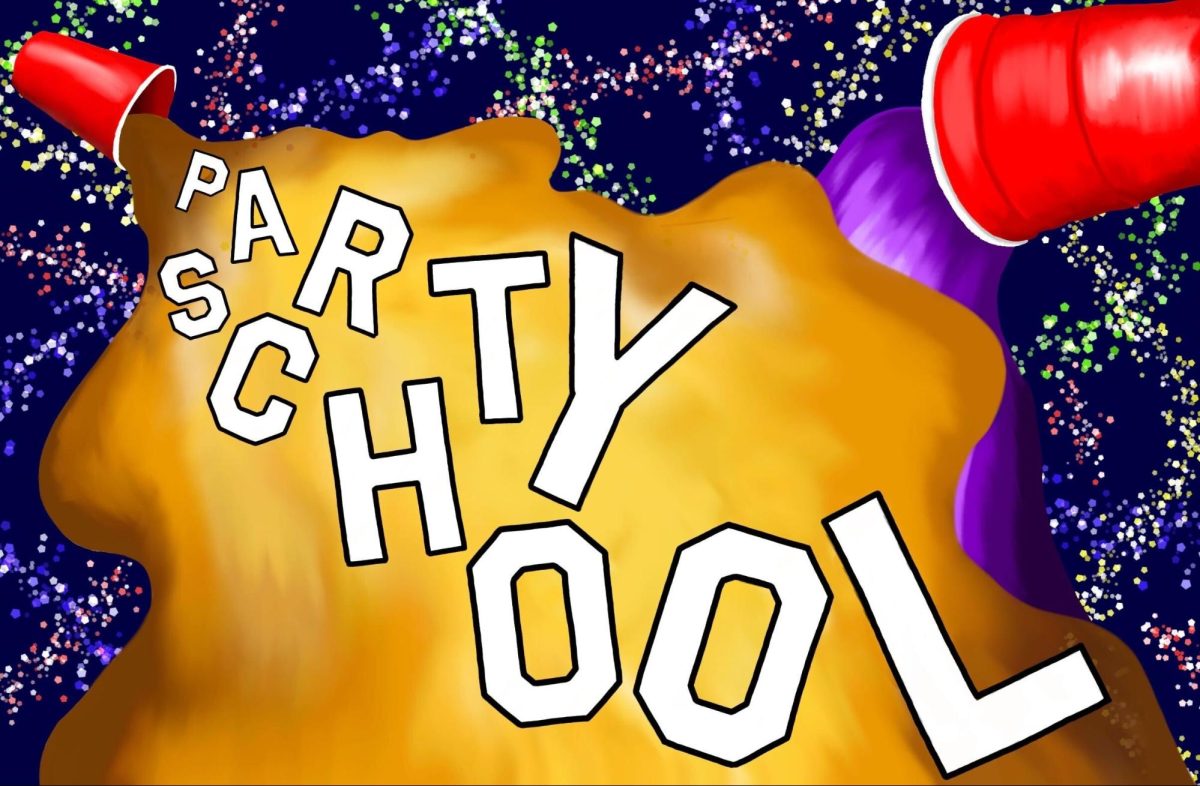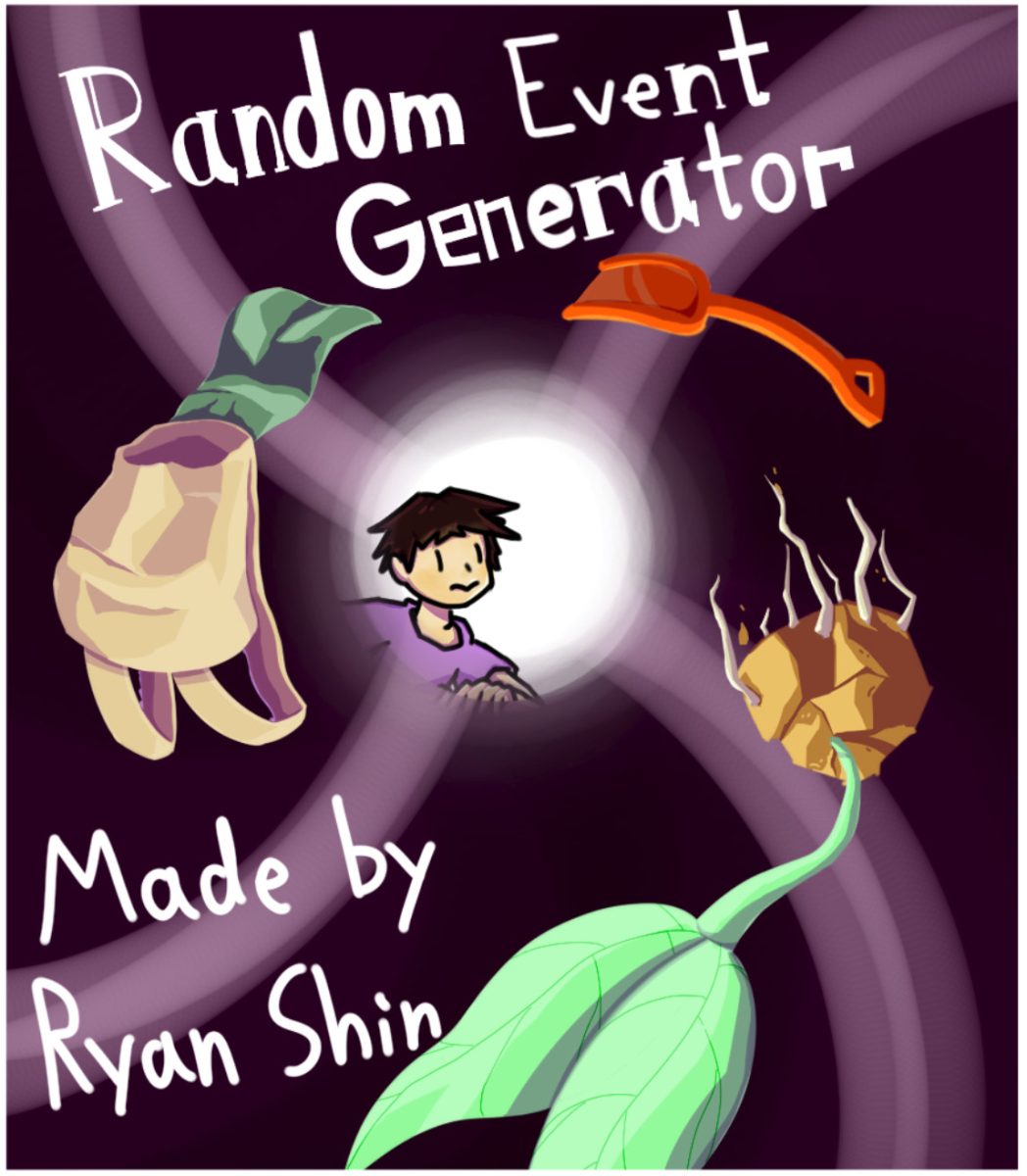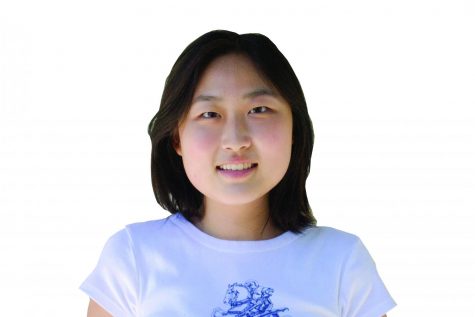One crack, and it’s over.
Ppopgi is a traditional Korean game played by carving out the imprinted shape on dalgona, a frail honeycomb-like candy, that often leads to fractures if one is not careful enough. But what if an unintentional crack of the dalgona could lead to the death of an individual?
With its iconic ppopgi scene keeping viewers on their toes, “Squid Game,”a South Korean fictional survival series, has become Netflix’s biggest original series of all time with its implicit critique on capitalism. Since the Netflix Original’s streaming debut on Sept. 17, the episodic series has become the No. 1 show on the platform in 70 countries.
With over 111 million in viewership, many of the episodes entice the audience with its striking visuals and its brutal commentary of the harsh economic realities South Koreans face, while at the same time they keep up the intensity with its terrifying and inhumane deaths of the contestants for losing in children’s games.
The series centers on 456 individuals who are struggling financially with the central character, Gi Hun (Lee Jung Jae, “Along with the Gods”), almost $850,000 in debt, and their attempt to survive six violent interpretations of Korean children’s games with the hopes of winning 45.6 billion won (around $38 million in American money).
Creator Hwang Dong Hyuk settled on “Squid Game” as the title based on his recollections and rendition of the Korean children’s game of the same title.
Based on the series’ nine episodes (each ranging from 32 to 62 minutes), viewers meet the gambling addict Hun, who faces overwhelming financial conflicts, including paying for his mother’s diabetic surgery and gaining custody of his daughter from his ex-wife.
Through these events, he, by force of circumstance, joins Squid Game: an opportunity given by a mysterious man who approaches him in the subway and offers him the chance to win a huge sum of money by winning short games.
Apart from Hun, the audience comes across two other significant competitors once the game begins. Sang Woo (Park Hae Soo, “Prison Playbook”), once a prestigious student at Seoul National University but now wanted by the police for embezzlement, and Sae-Byeok (Jung Ho Yeon in her first acting role), a North Korean defector trying to reunite her family by bringing her mother into South Korea.
The tournament splits into six different mutilated and violent versions of children’s games. The drama’s writer and director Dong Hyuk Hwang (“The Fortress”) successfully portrays this unnerving atmosphere through the visual cues such as the eerie mechanical doll in the first game or the green tracksuit uniforms that separate the contestants from the masked guards garmented in hot pink boiler suits to hide their identity.
Within the latter competitions, they test friendships as corruption starts to seep into the minds of the contestants. Behind closed doors, conflicts begin to arise between the workers, raising questions on the real identities of the masked guards.
These conflicts arise from differences in perspectives: participants like Hun, who become wary of the morality of their decisions, and other contestants like Woo who are willing to do anything even if it goes against their ethical values to reach a higher economic status.
Hwang uses Hun’s kindheartedness, like his willingness to help the old man, Il Nam (Oh Yeong Su, “God of War”), at his own expense to evoke empathy from the audience for his situation. Through this, Hwang expresses criticism of the capitalist society that has forced him to resort to extreme means to provide for his family.
Apart from the competitors, the episodes incorporate a secondary storyline through another significant character named Jun Ho (Wi Ha Joon, “Midnight”). As a police officer on a pursuit to find his missing brother, Ho eventually winds up in Squid Game – not as a competitor but as an undercover laborer. This storyline allows the audience to delve deeper in the internal system and history of this competition.
Even with the final plot twists, “Squid Game” does not bring a more profound meaning to what has been uncovered in privilege and poverty in film. But with its robust characters and their meaningful dialogue, the drama successfully enthralls the audience.
“Squid Game” breaks through all the communication barriers and continues to be a success with a global fanbase. For non-Korean language speakers, it’s actually more worth it to watch the series without English dubbed voice overs, as it takes away the true emotions from the characters.
Obviously, with all the attention it has captured in the media (the Oct. 16 “Saturday Night Live” episode on NBC even parodied some scenes), expect to see a sequel soon perhaps titled, “Shrimp Game.”



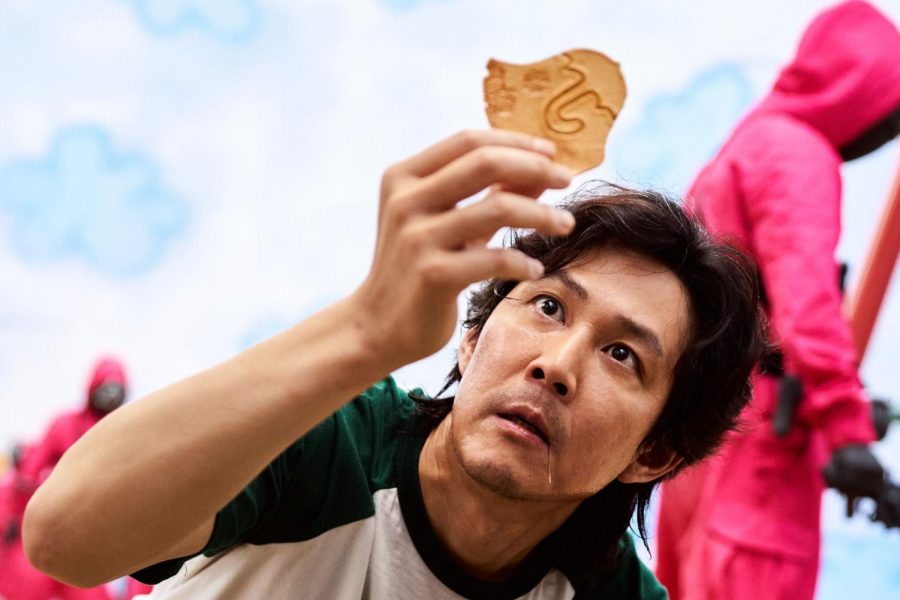
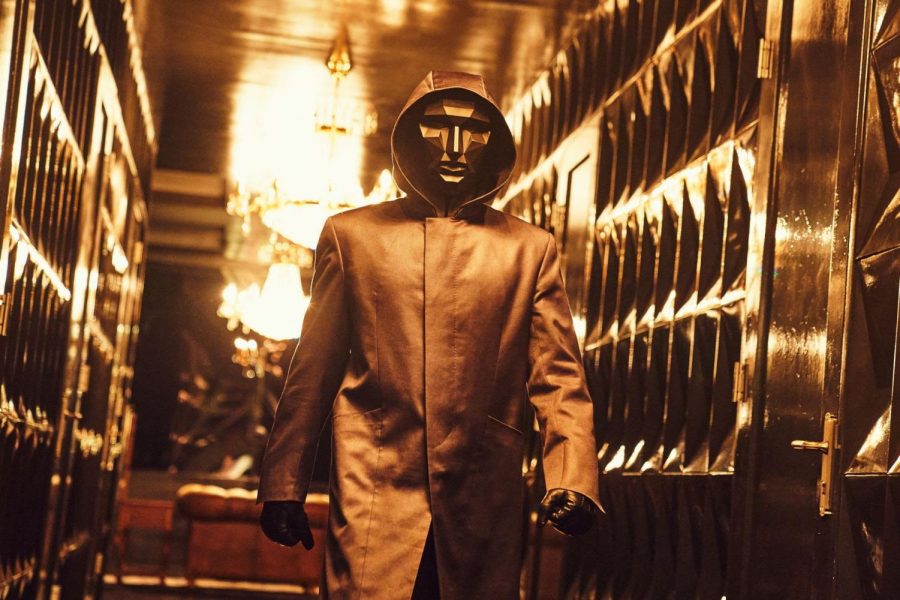





![Abigail Veyna (left), who plays Charlotte Lucas — a friend of the female lead — talks to senior Kathleen Handley, who plays one of the main characters, Elizabeth Bennet, during their fourth-period rehearsal of the stage version of Jane Austen’s classic novel, Pride and Prejudice on Friday, April 25, in the Performing Arts Center [PAC]. The two-hour-and-15-minute play consisting solely of theater students will debut tonight at 7 in the PAC.](https://shhsaccolade.com/wp-content/uploads/2025/05/IMG_3087-1200x800.jpg)
